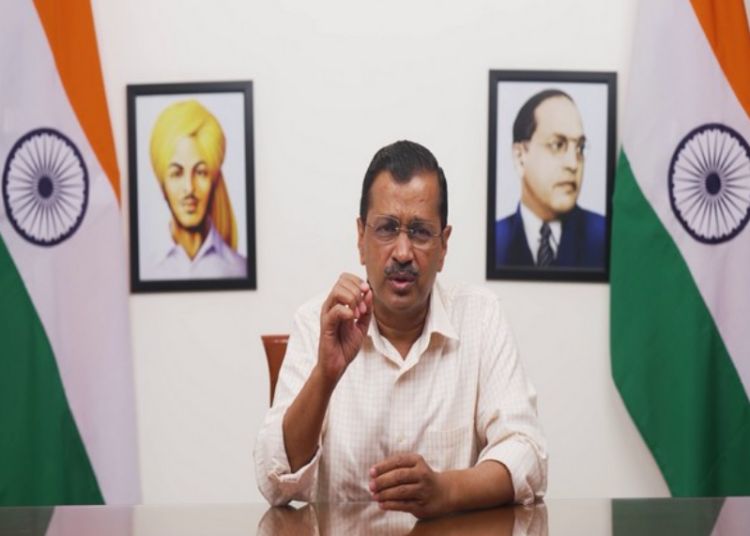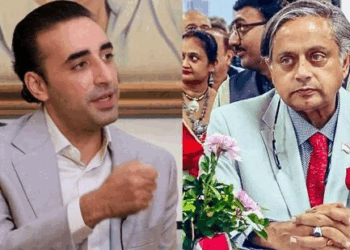Arvind Kejriwal, a prominent figure in Indian politics known for his anti-corruption stance and vocal opposition to traditional political establishments, has been entangled in legal proceedings related to the excise policy, which has become a point of contention between the ruling government and the opposition.
The High Court’s decision not to provide interim relief to Kejriwal underscores the gravity of the charges and the need for a thorough investigation into the matter. The excise policy case has been a subject of intense scrutiny, with allegations of irregularities and misconduct casting a shadow over Kejriwal’s administration.
While the court’s ruling does not imply guilt, it signals the commencement of legal proceedings and underscores the principle of accountability that applies to public officials. Kejriwal’s legal team had sought interim protection to shield him from immediate coercive action pending further legal deliberations.
The denial of interim protection by the Delhi High Court adds a new layer of complexity to Kejriwal’s legal battle and amplifies political tensions surrounding the case. As a key opposition figure, Kejriwal’s legal troubles have wider implications for the political landscape, with his supporters decrying the move as politically motivated.
The excise policy case continues to be a focal point of contention, highlighting broader issues of governance, accountability, and the rule of law in India’s democratic framework. As legal proceedings unfold, the spotlight remains firmly fixed on Arvind Kejriwal and the implications of the case for the future trajectory of Indian politics.








 India
India












